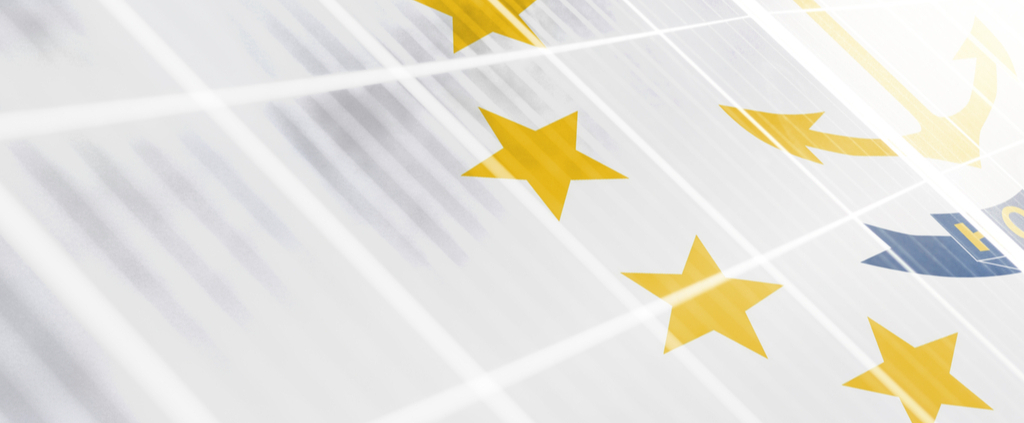Energy Deregulation in Rhode Island
One of the main reasons a state decides to implement energy deregulation is to help lower the price of electricity which are normally controlled by the utility provider. Because these utilities have a monopoly of the electricity supply, they can easily control the price range. This can be troublesome for families, and with the help of competition, it helps to keep the price in check and keep the residents and business owners happy.
Just like other US states, Rhode Island has chosen to deregulate their energy market to ensure that everyone is getting power at a price they are comfortable with. Energy deregulation in the state was introduced in the late 1990s, but during its initial implementation a lot of residents still chose to get their power direct from the utilities instead of availing the services of retailers. A probable reason for this is that competition in the energy market was still scarce.
In 2002, Rhode Island House Speaker John Harwood introduced a bill that aimed to encourage residents of the state to purchase from retailers by allowing the municipalities to set up aggregations.
Thanks to this bill, more and more residents have chosen to get their electricity from retailers for a much lower rate.
Quick Facts about Energy in Rhode Island
- No Coal-generated electricity. Rhode Island is one of the only two states in the country that does not generate energy from coal.
- Natural Gas. The state of Rhode Island mainly gets its electricity from natural gas, providing over 97 percent of the power in the state.
- Requires reformulated gasoline. The state requires their residents to use reformulated gasoline for their vehicles. The gasoline is usually mixed with Ethanol to help reduce greenhouse gas emissions.
- Appliance Efficiency Standard. If you are running a business in Rhode Island, all the appliances in your shop must meet all the appliance efficiency standards set by the state. The efficiency standard is basically just making sure that your appliances are not using up too much power to use.
- Building Efficiency Standard. New buildings and residential homes are required to meet certain efficiency standards. This is a lot like the Appliance Efficiency Standard in which the state wants to make sure that your new home or commercial building will not be using up too much power to function properly.
- Regional Greenhouse Initiative member. Rhode Island is a member of the RGGI, a group of Northeastern states that have come together and made an agreement to help limit greenhouse gas emissions. This means that the state has to cap carbon dioxide emissions from electrical generation as well as reduce emissions by 10 percent by the year 2018.
Rhode Island Energy Provider
National Grid is Rhode Island’s energy distributor. They are responsible in providing energy for the entire state, with the exemption of some parts of Burrillville County.
Address: 4000 Forestville Rd, District Heights, MD 20747
Website: https://www.washingtongas.com
Contact: 703-750-1000
Map of US Energy Deregulation
Rhode Island is one of 26 US States that have some form of energy deregulation whether it be electricity, natural gas or both. Use our interactive map to get more information on deregulated energy states in America.

